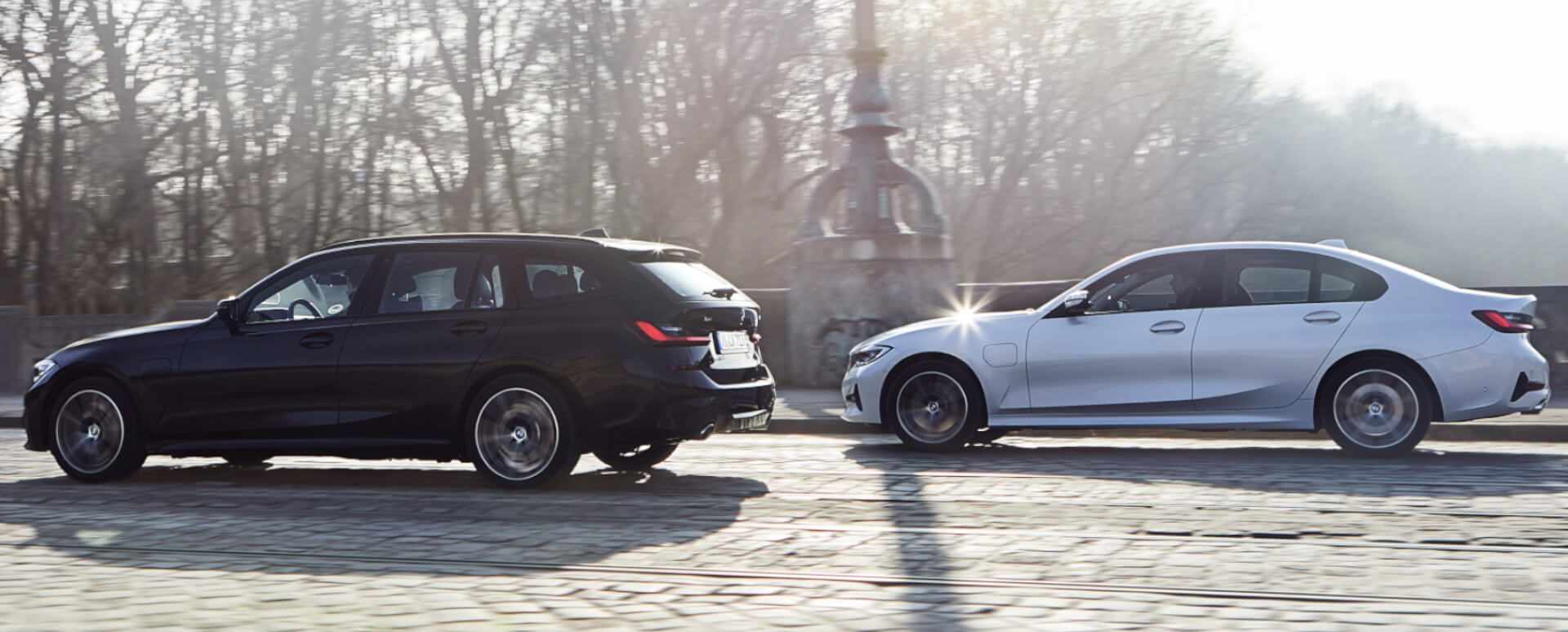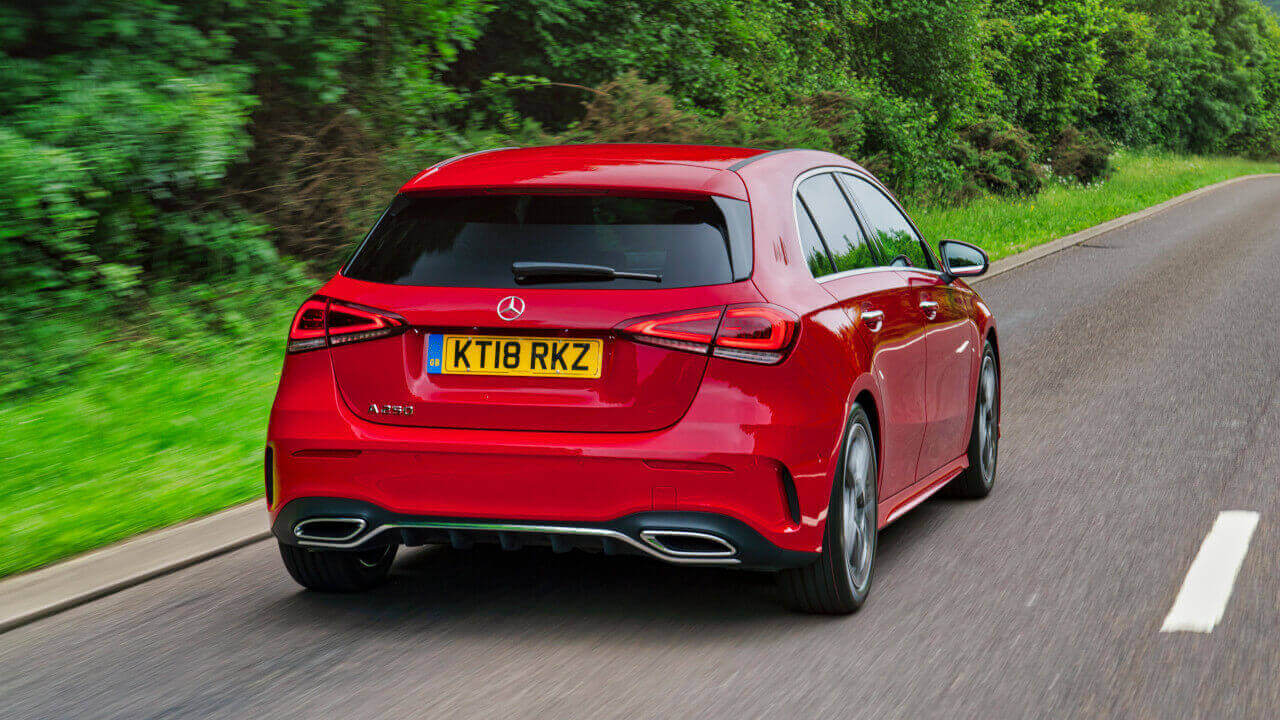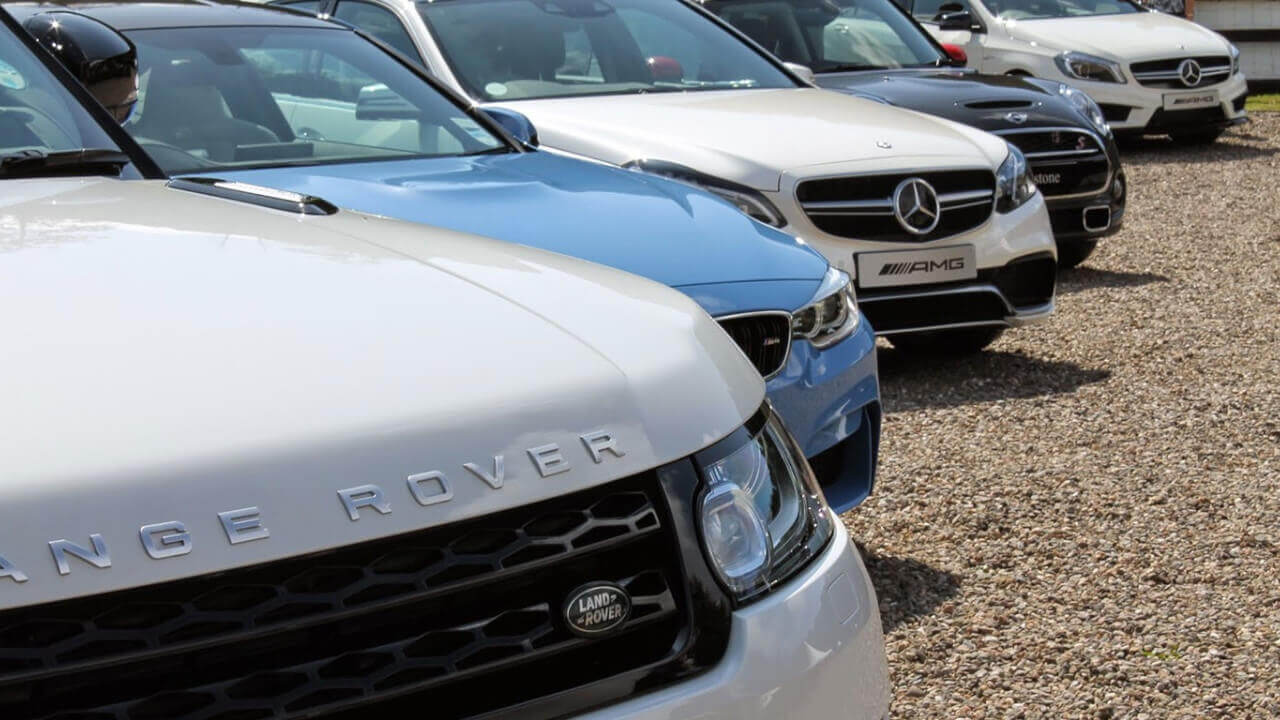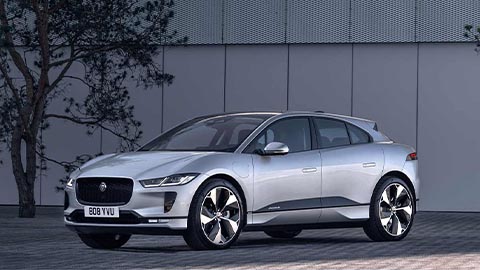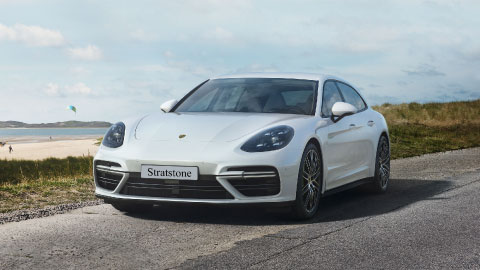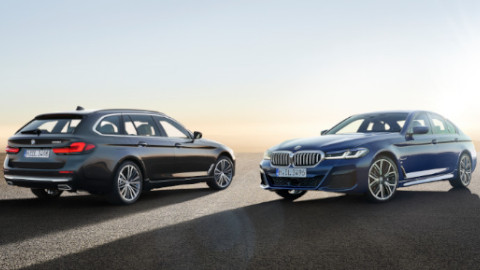Company car vs car allowance, which should you go for?
It is an exciting moment when you make it to a stage in your career where you are offered the choice between a company car or a car allowance but you can sometimes feel a bit on-the-spot and unsure of which to pick as your new perk.
There are differences between the two choices, with various features that could be considered as either advantages or disadvantages depending on your individual situation.
This blog covers what you should expect with either a company car or a car allowance so you can make an educated decision when it comes to deciding which company benefit you would like.
What is a company car?
Once you reach a certain stage in your career you may be offered a company car as a work perk. Imagine a brand-new car, with all the latest technology and features, paid for by your employer, with all maintenance costs and insurance included - sounds fantastic right?
Company cars are vehicles that can be used for both personal and business use but if you are using it out-of-office hours, including for commuting, you will need to pay company car tax on the vehicle, also known as Benefit in Kind (BIK).
Some companies will provide you with a list of cars you can choose from whereas some will buy cars in bulk to be provided to employees, where a vehicle is essential to their role.
How does a company car work?
Usually, employees need to reach a particular stage of the career ladder or earn a specific wage before an employer will offer to provide a company car as an employee benefit. Alternatively, some roles are dependant on a vehicle but these tend to be more utilitarian-style vehicles intended for a particular job.
It is important the employee's wage does not drop below national minimum wage if they join the scheme, which only tends to be offered to permanent employees with a regular work pattern.
How does company car tax work?
Employees who drive a company car for personal use are required to pay BIK tax, the amount paid varies depending on the vehicle's P11D price, which is worked out based on the car's market price (including any optional extras), fuel type, engine size and amount of CO2 emissions the car produces.
Some schemes even include fuel, if yours does then you will also need to pay tax on the cash equivalent of your annual fuel allowance.
Income tax also comes in to play, as you will either be taxed 20 or 40 percent of that figure depending on your individual income tax band.
What is a company car allowance?
An alternative to the company car scheme, company car allowance is a one-time cash lump-sum which tends to be added to an employee's annual salary, normally paid monthly. This money can then be used to buy a new or used car outright or can cover the costs of purchasing or leasing a vehicle privately through Personal Contract Purchase (PCP) or Personal Contract Hire (PCH).
The cash sum is often the equivalent of what the company would have paid to lease a company car as well as the business miles you will cover in the car.
Employers do have the right to dictate minimum specifications the car must meet, such as the age of the vehicle, the amount of CO2 emissions produced and the number of seats in the car.
Overall, a car allowance offers enhanced flexibility over a company car.
How does company car allowance work?
BIK is not something you have to worry about when it comes to company car allowance, however, it is still a cash benefit scheme and therefore you will need to pay the equivalent tax to what you pay on your salary.
The allowance is subject to personal income tax and national insurance but once it is in your bank that money is yours. You do not necessarily have to use this money to purchase a vehicle, some people would rather use it to cover the costs of public transport.
Differences between a company car and a car allowance
|
|
Company Car |
Car Allowance |
|
Maintenance |
Company covers the costs |
You have to take care of all costs |
|
Insurance |
Company covers the costs |
You have to take care of all costs |
|
Leaving the company |
Hand the car back |
Keep your car if you wish |
|
Tax |
BIK tax and maybe tax on fuel allowance |
Subject to your rate of personal income tax |
|
Depreciation |
Does not affect you |
The value of your car may depreciate over time |
|
Deposit |
Not required |
Often required |
|
Credit check |
Not required |
Required |
|
Type of car |
Can limit your choice |
Can choose any car to meet your requirements and budget |
How much does a company car cost?
As already mentioned, the amount you pay for your company car depends on various factors, including extras such as larger alloy wheels. You can easily work out how much you will pay by following these steps:
- Find out the P11D list price, including accessories
- Take a look at the company car tax table to see what percentage you will need to pay based on CO2 emissions
- Multiply the P11D list price with the percentage to get your taxable benefit figure
- Multiply the taxable benefit figure with the rate of income tax you pay
Will you choose a company car or a car allowance?
Whichever you decide is the best benefit for you, either option is an excellent work perk.
If you choose the car allowance, there are plenty of new and used cars available at Stratstone that would make perfect company cars.
Contact your nearest Stratstone dealership for more information or to test drive a certain car.

